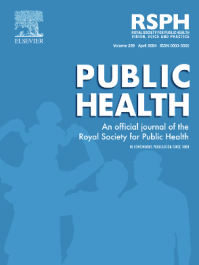
New journal article by András Bíró-Nagy and Áron Szászi ’Controversies of COVID-19 vaccine promotion: lessons of three randomised survey experiments from Hungary’ has been published in Public Health.
Abstract:
This study aimed to investigate vaccine promotion messages, examine the heterogeneous effects of these messages and provide experimental evidence to help evaluate the efficiency of COVID-19 vaccine promotion campaigns in Hungary. The article presents the results of three randomised survey experiments that were embedded in cross-sectional, representative, public opinion studies of Hungarian adults based on in-person interviews. All treatment effects were insignificant, but exploratory research found significant conditional treatment effects. Exposure to vaccine promotion by medical professionals was associated with a higher level of trust in Russian and Chinese COVID-19 vaccines in older age cohorts and with a lower level of trust in these vaccines among younger adults. Receiving a vaccine promotion message from politicians led to a higher level of trust in Chinese vaccines among the oldest respondents. Significant conditional effects suggest that COVID-19 vaccine promotion by medical experts and politicians may have had adverse effects for some demographic groups in Hungary.
The article is available at this link: https://www.sciencedirect.com/science/article/abs/pii/S0033350624000507?dgcid=author


